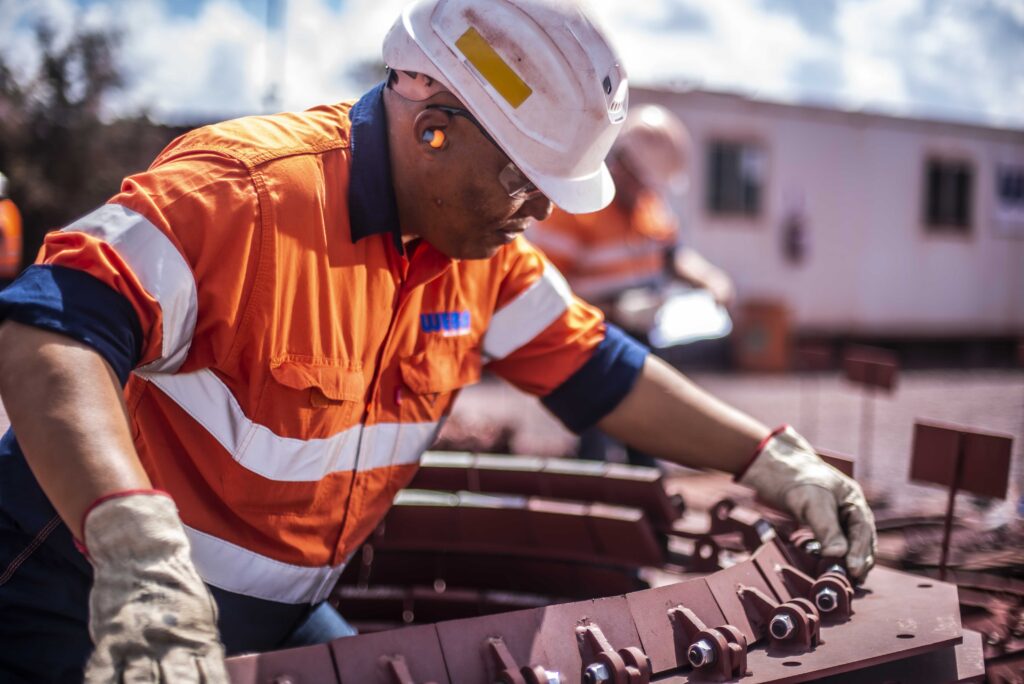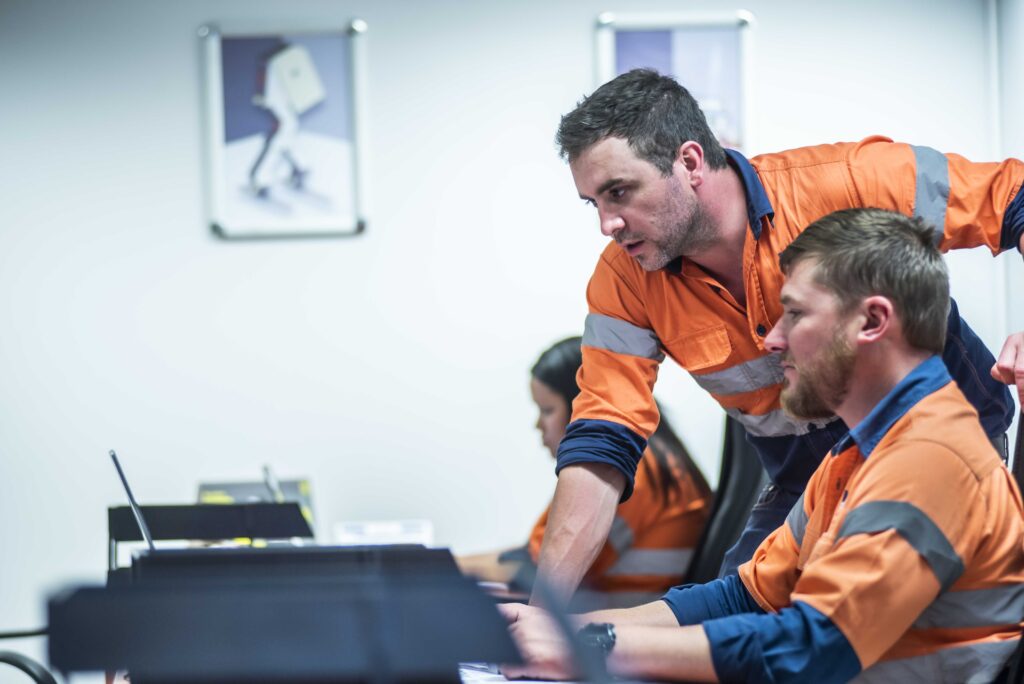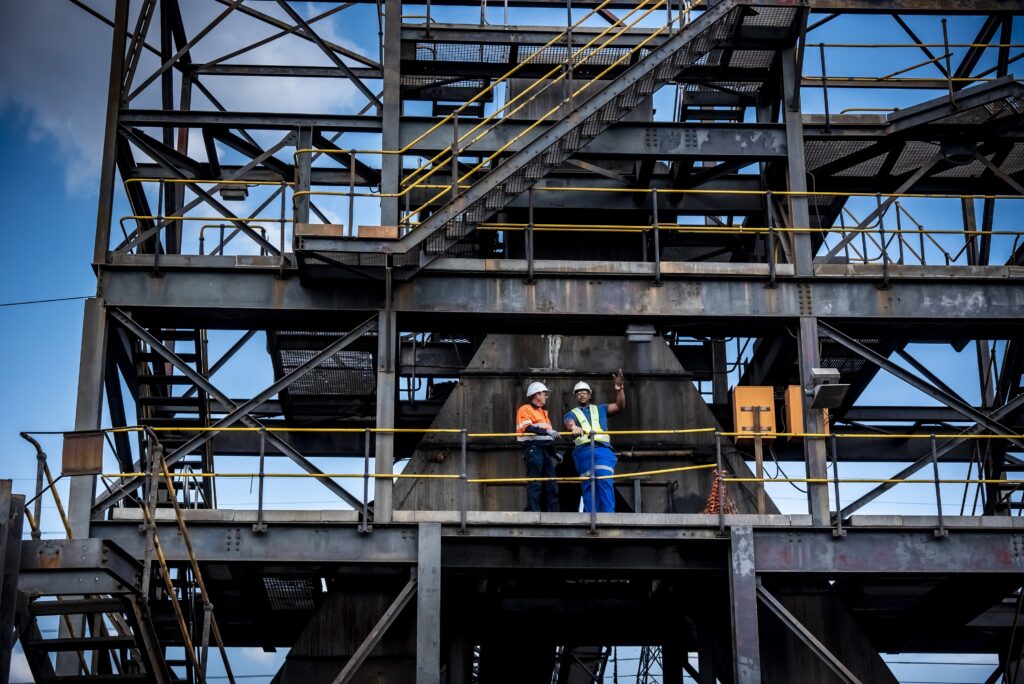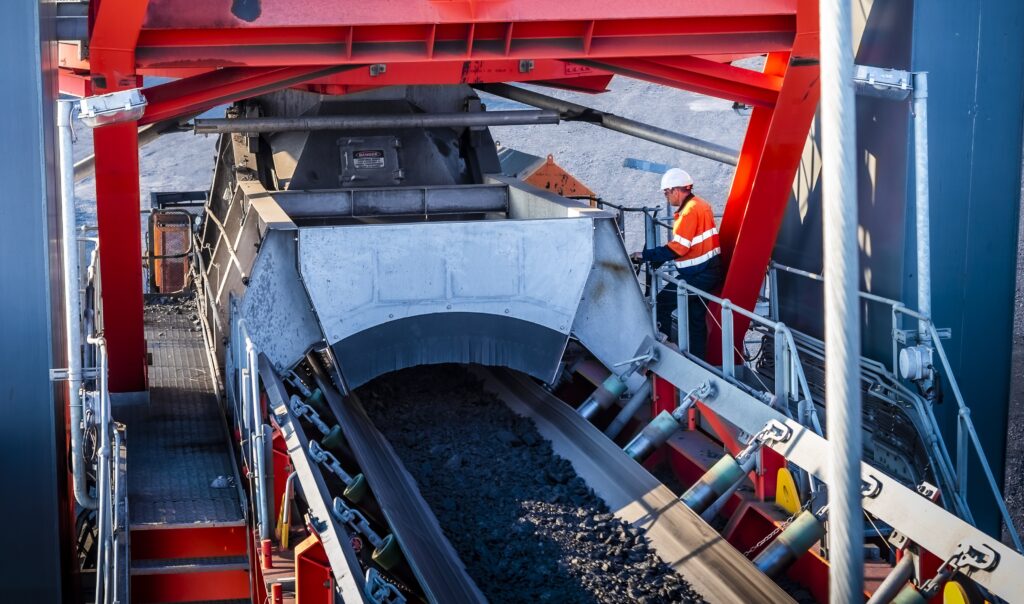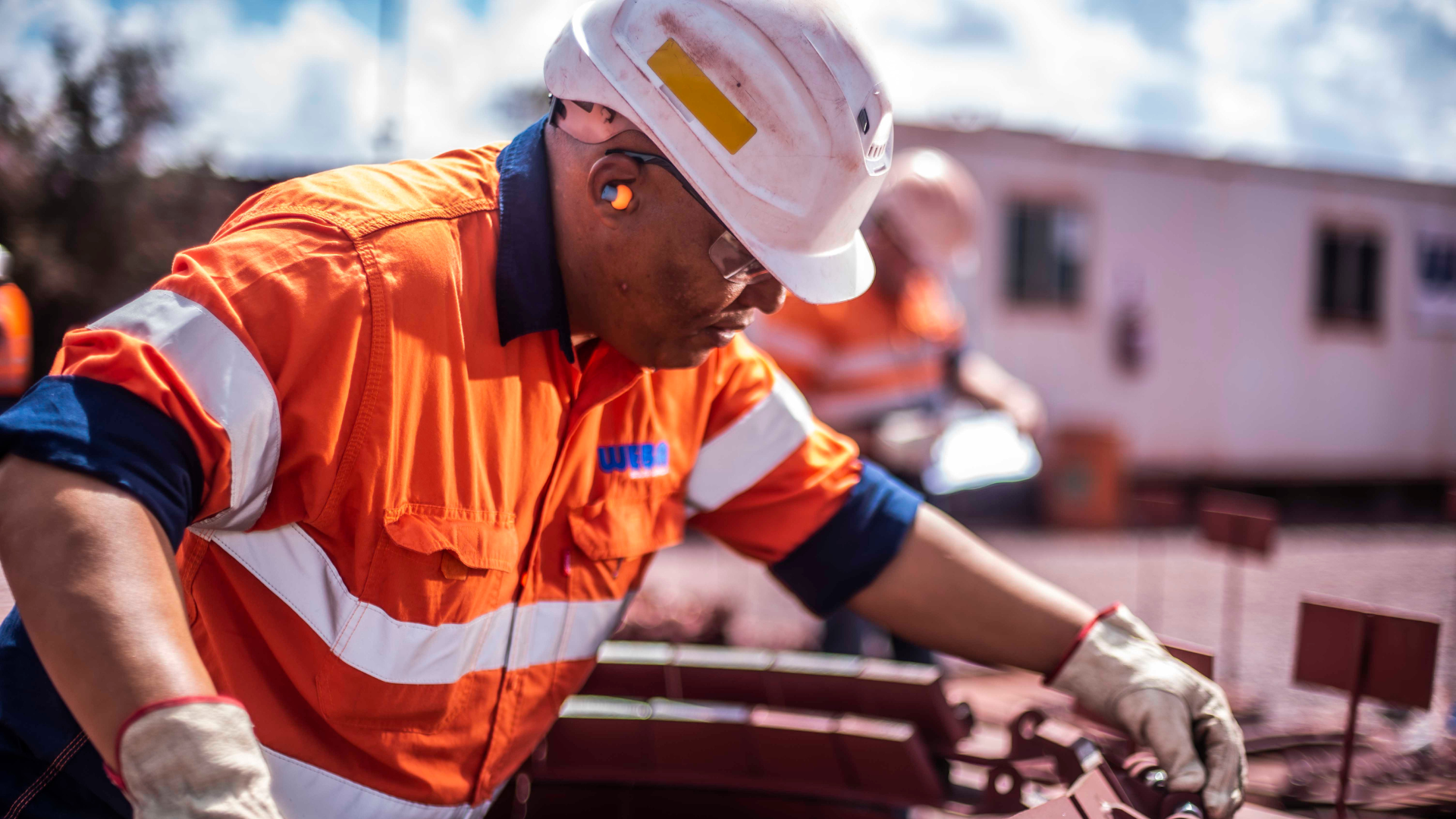In the face of declining commodity prices, the mining industry has increasingly prioritised cost saving measures, often leading to the suspension of capital expenditure (CAPEX). While such strategies may yield short-term financial relief, the importance of implementing comprehensive maintenance programmes has never been more critical.
These programmes are essential for ensuring the reliability and performance of existing equipment, timely servicing, repairs and refurbishments, preventing failures that could severely impact operations downstream.
One of the more complex aspects of mining operations maintenance is measuring the wear life of transfer chutes, which involves tracking numerous components. The advantages of accurately gauging wear life are direct and substantial, contributing to enhanced operational uptime and, consequently, to the bottom line.
Mark Baller, CEO of Weba Chute Systems, sheds light on how the company’s customised reliability model plays a pivotal role in capturing key wear indicators for each chute. This model, when supplied with the correct data—including regular wear measurements—provides plant operators with invaluable insights into wear patterns.
“Such insights are not just academic; they are practical, enabling predictions about which components will need replacement and the optimal timing for such replacements,” Baller explains. “This predictive capability facilitates meticulous planning, such as timely ordering of necessary parts to ensure they are on-site for upcoming maintenance windows. By adopting a proactive approach to maintenance, unforeseen stoppages are minimised, along with the accompanying disruptions and lost production time.”
He emphasises the significant efficiency gains achieved through accurate predictions of component lifespan within their chutes. This efficiency is not confined to Weba Chute Systems‘ maintenance contracts. The company extends the benefits of its reliability tool to all customers, offering the ability to request the service independently.
The application of reliability modelling allows for the generation of monthly reports, detailing the maintenance schedules required for each wear part within every chute. The model’s complexity accounts for differential wear levels across various parts of the chute, influenced by varying impact levels. This granularity enables chute owners to prioritise maintenance efforts on areas experiencing the highest wear, thereby optimising maintenance operations and ensuring continuous and reliable production.

